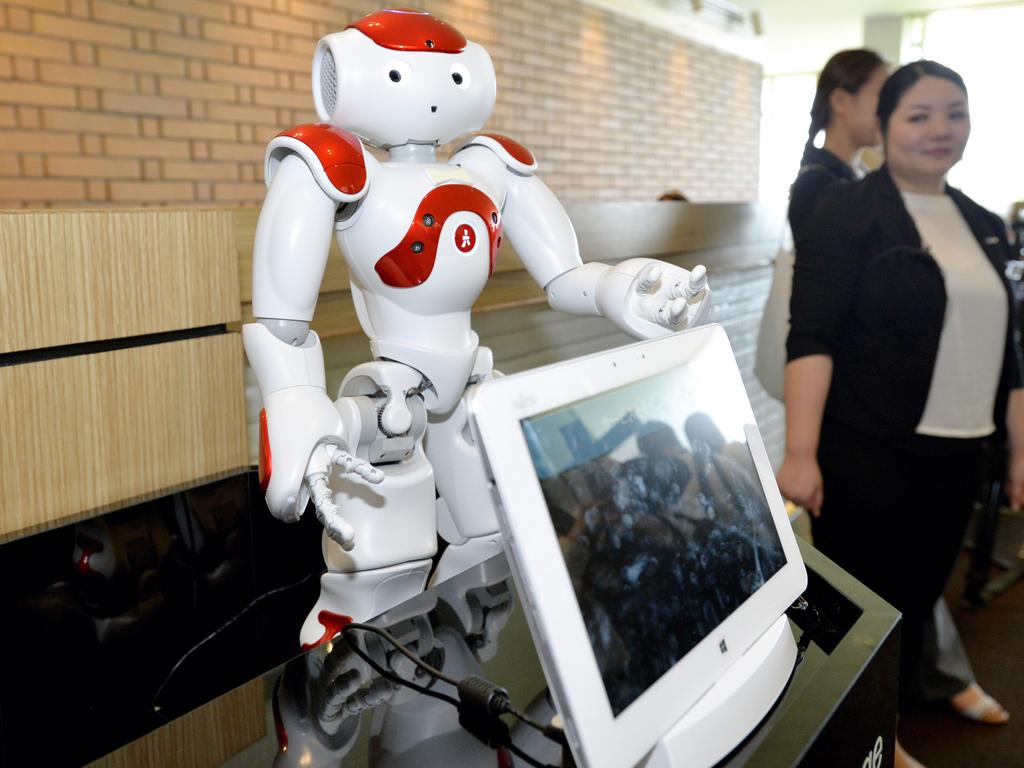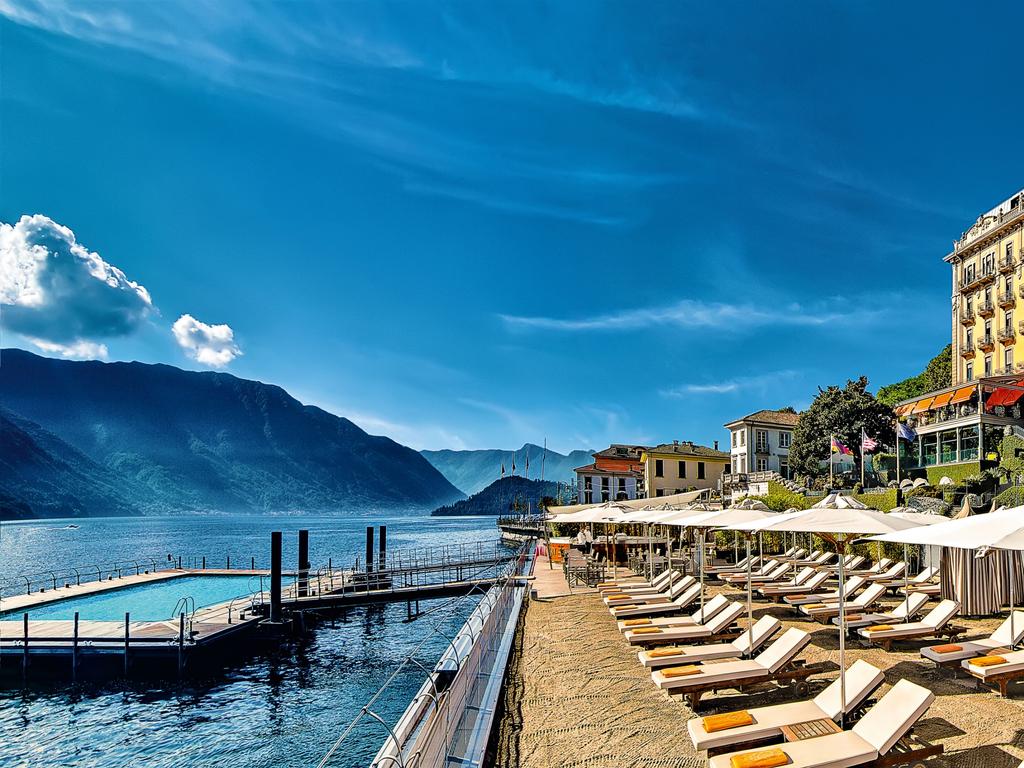Grounded by Covid, road warriors ponder life without business trips
While elite frequent flyers miss airport club lounges and luxury sheets, many discover work-life balance and connecting with family

For almost 17 years, Atlanta healthcare technology sales executive Eric Goldmann has spent nearly every week on the road working.
He took his last flight in mid-March and is still adjusting to life on the ground.
In the era of virtual meetings, more clients cancel on him with little notice, something that rarely happened when he travelled to see them. On Zoom, he finds it harder to sniff out what he calls the “anti-sponsors” who could derail a deal.
Goldmann, 42, pines for the pleasures of business travel. After flying for so long, he could almost recite the schedules of his favourite airport club lounge bartenders and gate agents. He had honed preferred running locations on the road (Tampa’s waterfront) and found favourite restaurants (Sandro’s, an Italian spot in New York).
Even the delays and indignities of travel take on a rosier hue in the pandemic. Goldmann is wistful for the days when he would watch passengers fume at gate agents and storm through airports, ploughing over passers-by in a mad rush to reach a gate.
“I miss everything associated with travel,” he says.
It’s a time of reflection for hardened road warriors. As the pandemic drags, some of them are questioning whether they will ever fully return to their old lives.
“I’m wondering, did I waste a lot of my time for the last 30 years running around the world on jets and everything going to Abu Dhabi and Singapore for a couple of meetings?” says David Rubenstein, co-executive chairman of private-equity giant Carlyle Group in Washington DC.
Many miss the adventure and personal connections of travel, not to mention the uninterrupted time to read, write and think. But a number of business travellers also say they’re happier, healthier and more connected to family with wings clipped. Some are getting their best sleep in years anchored in one time zone.

Kara Goldin, founder and CEO of the flavoured-water brand Hint, travelled so often in building her San Francisco-based company that she rented a New York apartment. Since the pandemic, she has come to cherish the expanded time with her family: a walk with the family’s Labrador retrievers or an outdoor movie night with her children.
Goldin has returned to limited business travel to promote her new book, Undaunted. But that travel looks far different. Instead of speaking to crowds of conference-goers, as she did before, she recently flew to Los Angeles to stand in a nearly empty ballroom of a downtown JW Marriott, where she gave a speech while looking on at TV monitors of audience members.
In years of travelling for work, Goldin says she appreciates cities she never would have otherwise seen. She visited Bentonville, Ark., home of retail giant Walmart, with low expectations. But Ms. Goldin found she enjoyed the city’s small town square and its Crystal Bridges museum. She advised friends to partake in bourbon tours in Kentucky after a business trip to Louisville. “I went on the whiskey trail, and I don’t even particularly enjoy whiskey,” she says.
Many companies have extended travel restrictions for months. Other executives have made personal decisions to travel only by car for now to protect their families.
Jay Stevens, chief growth officer at Privia Health and a longtime healthcare technology sales executive, recently drove seven hours from his Virginia home to attend meetings in Nashville. Before the Covid crisis, Stevens averaged about 150 nights a year in hotel rooms. “It’s all I knew,” he said. (Upon receiving an award denoting his first million miles flown with one airline, he told his wife, “Honey, look at how awesome this is,” he recalls. “She said, ‘This is not good. This just proves that you’re never home’.”)
While he may have once thought nothing of spending $US1000 ($1394) to fly to Dallas the next day for a one-hour meeting, Stevens says he will now consider video over brief visits. “We can create an environment where there is a work-life balance, where I can enjoy having dinner with my family more than one night a week.”
Still, road warriors say it isn’t easy to entirely give up old habits. While many carriers have extended elite frequent-flyer status, Clinton Lazzari, an operating partner at the venture-capital firm Playground Global who is based in Medford, Oregon, worries about his hard-earned status expiring.
Lazzari, who regularly travels to Thailand, Hong Kong, Israel and elsewhere for work, says those trips helped him keep a sense of urgency, he says, and allowed for moments of focus. “It was a complete disconnect,” he says. “I don’t have a good replication of that.”
Others say they miss the break from monotony that work trips provided. Carol Watson, chief inclusion officer at BCW, a communications agency, began her job in January. She was beginning a tour of the company’s offices when the pandemic halted travel. Over her career, she has regularly voyaged around the world.
“Now I work from my bedroom everyday,” she says.
At first she struggled with the sameness of her New York home. Now she says that even if she longs for chances to meet people in-person, she’s more productive, and finds that colleagues worldwide are even more eager to meet, knowing everyone can join virtually.
“The walls have definitely come down and it’s much easier to feel much more connected.”
But even the best virtual technology can make it tough to glean the type of information that might occur more naturally in person.
Amy Novogratz co-founded Aqua-Spark, which invests in sustainable fish-farming operations and other aquaculture efforts around the globe. She says she often learned some of her most valuable information by spending time on the ground with entrepreneurs in places like Indonesia and Madagascar.
Ms Novogratz, who divides her time between New York and the Netherlands, expects she will resume travel when she is able: “I don’t want to get to a travel-free society, and I don’t think we’re going to get to a travel-free workplace.”
Meanwhile, some road warriors are making alternative plans. In Atlanta, Goldmann recently did something radical: Knowing he is likely to remain grounded, he decided to replace his beat-up desk of 15 years in his makeshift home office, splurging for a new chair, a new bookshelf and other furniture. He doesn’t expect to hit the road for work until at least the second quarter of next year.
“And that is really, really sad,” he says.
The Wall Street Journal






To join the conversation, please log in. Don't have an account? Register
Join the conversation, you are commenting as Logout